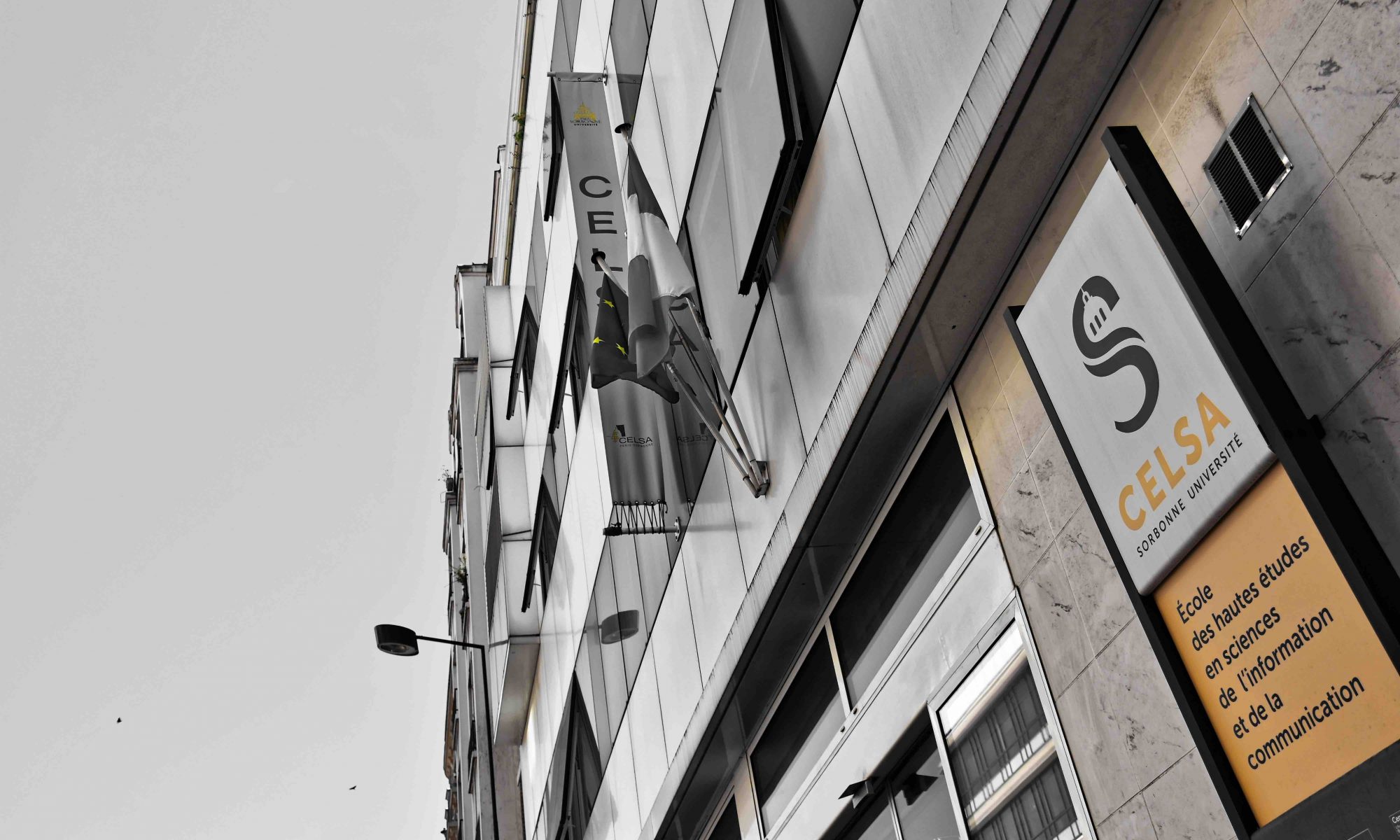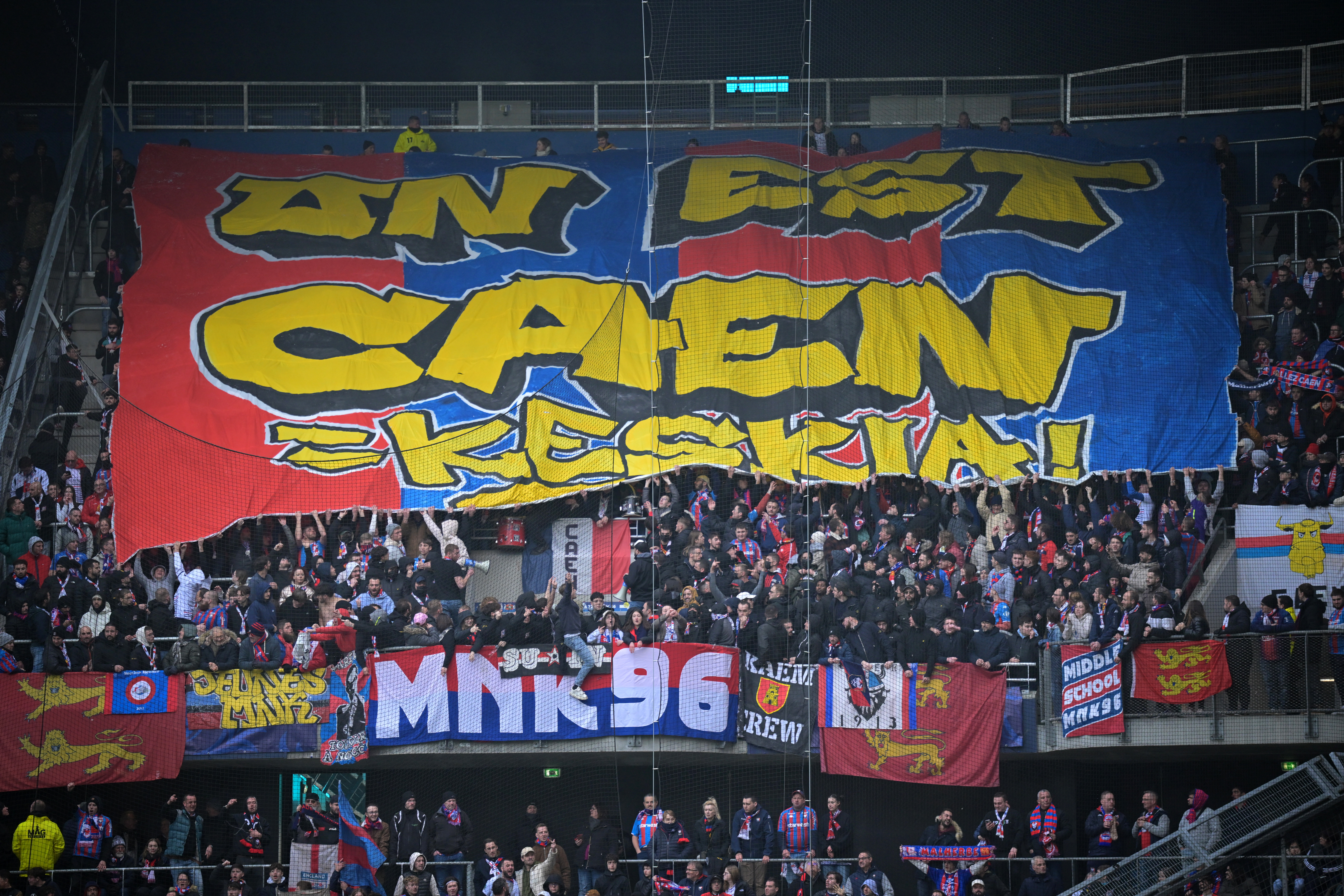Alors que Michel Barnier multiplie les consultations pour la composition du nouveau gouvernement, la petite musique d’un gouvernement “à la Raymond Barre” ne cesse de courir dans la sphère politique. Profils technocrates, cumul de postes et ministres maintenus… Que comprendre de la formule qui alimente les rumeurs
Retour vers le passé ? En déplacement depuis le début de semaine, Michel Barnier a commencé à esquisser les contours du nouveau gouvernement, dont la composition est attendue pour la semaine à venir : “C’est une nouvelle étape, une nouvelle page, et il y aura un nouveau gouvernement. C’est la mission qui m’a été confiée et que j’ai acceptée, donc ce ne sera pas un remaniement”, déclarait le premier ministre mardi 11 septembre après sa rencontre avec les membres de Horizons à Reims. Des mots qui suggèrent la volonté d’un renouvellement total. Toutefois, du côté de ses proches, la musique d’un gouvernement « à la Raymond Barre” tourne en boucle. Que faut-il comprendre par là ?
Profils technocrates
“Dans les grands ministères, on peut s’attendre à des personnalités expérimentées donc immédiatement opérationnelles, entourées de nouvelles têtes”, explique Laurent de Boissieu, journaliste à La Croix en charge de la couverture de la vie politique française. Le gouvernement Raymond Barre présentait, notamment dans les ministères d’État, des profils technocrates particulièrement expérimentés à l’instar d’Olivier Guichard, passé par le ministère de l’Education nationale et le ministère de la Justice après une longue carrière de député, ou Jean Lecanuet, maire historique de Rouen et ministre de l’Aménagement du territoire. Pourrait-on donc voir le retour de vieux routiers ? “Pour ce qui est du gouvernement Barre, ils étaient en tout cas assez peu de rentrants au gouvernement”, souligne Laurent de Boissieu. Depuis la nomination de Michel Barnier, les noms de certains ministres démissionnaires sont revenus dans le débat pour rester en poste, comme ceux de Eric Dupont-Moretti, Gérald Darmanin ou Stéphane Séjourné.
Toutefois, “les profils technocrates ne sont pas propres au gouvernement Barre. Avant lui, De Gaulle et Michel Debré n’avaient pas fait appel à des profils très neufs”, tempère l’historien des droites en France Gilles Richard. Dans l’expression de gouvernement “à la Raymond Barre”, le spécialiste voit surtout “de la formule politique” pour rapprocher “deux hommes qui n’ont rien à voir”. “Raymond Barre était un grand professeur d’économie à l’entrée tardive en politique, tandis que Michel Barnier commence très jeune et n’a pas de spécialité intellectuelle particulière. Il est très expérimenté”. Et pour dire : le nouveau premier ministre est élu député pour la première fois sous… Raymond Barre.
« L’énigme reste entière »
Alors comment comprendre la formule ? “A part pour donner indice sur la ligne politique que suivra le nouveau gouvernement, l’expression n’est pas particulièrement évocatrice”, continue Gilles Richard. L’historien avoue lui-même s’être demandé ce qu’était un gouvernement “à la Raymond Barre” tant les caractéristiques restent floues. “Le gouvernement barriste a mené une politique néolibérale d’austérité et de casse des services publiques, mais c’est ce qui se fait maintenant depuis cinquante ans…”, raille-t-il. Incertitude à relever toutefois : “Le premier ministre avait cumulé sa fonction avec celle de ministre de l’économie et des finances. Michel Barnier pourrait-il faire de même ?” s’interroge Gilles Richard. Le profil du nouveau premier ministre, ancien Commissaire européen au marché intérieur et négociateur de l’Union européenne lors du Brexit, pourrait suggérer une telle mainmise sur l’Économie et les finances.
Laurent de Boissieu présage, lui, des similitudes dans l’installation du Premier ministre à Matignon :”Confronté au sein de la droite par la fronde des chiraquiens, Raymond Barre avait opté pour une déclaration de politique générale sans vote ; sans doute ce que sera le choix de Michel Barnier, sans majorité absolue à l’Assemblée nationale”. Mais “le contexte politique n’a toutefois aucun rapport : quand Raymond Barre arrive, il y a une bipolarisation entre la gauche et la droite alors qu’aujourd’hui il y trois blocs” rappelle Gilles Richard. En attendant que Michel Barnier ne dévoile son gouvernement, “l’énigme reste entière”, conclue-t-il.
– Noa Jacquet



